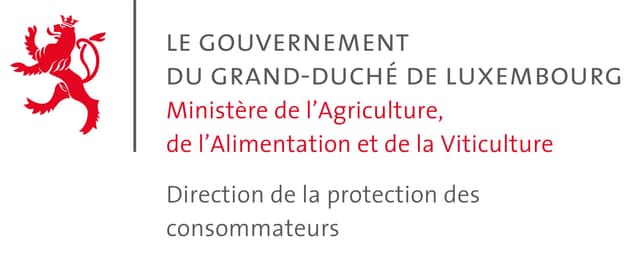A suspicious link?Don't Click.Check.Report!
Do you think you are a victim of fraud?Ask yourself the 3 following questions to assess the situation:
Even on the phone number you had for them prior to their call, such as your bank’s branch office?
And without complying with the usual security measures?
Such as your card number, credentials or did they ask you to install an application?
Be careful! It might be suspicious.
Contact the right person for each situation!
Protect yourself against cyber fraud!Bear these key points in mind:
4 websites to know more about cyberfraud
BEE SECURE provides reliable and realistic advice about how to protect yourself online. The website provides a wide range of content about digital risks, current trends and good practices, as well as useful publications about how to navigate and understand the digital world.
The Luxembourg House of Cybersecurity provides a variety of services and tools to help you actively protect yourself, either by reporting malicious content, or by helping you find security solutions providers.
The Spambee tool, provided by "National Cybersecurity Competence Center" (NC3), allows you to report and get rid of harmful content, while providing protection from content that has already been reported by other users.
If you cannot use Spambee but nevertheless wish to report a phishing website, CIRCL’s URL-Abuse service may also be accessed on your browser.
Cybersecurity.lu is a portal to an ecosystem where you can find service providers with suitable security solutions for your needs.
Do you want more information?Phishing, online fraud… all you need to know!
The term ‘online fraud’ refers to a range of dishonest actions committed online, using unfair means to trick and obtain consent or material benefit or improper morals, that violate laws and regulations. Scamming is the most common form of fraud.
Phishing involves sending a message, generally an email, impersonating a trusted third-party (bank, administrations, social network, shipping firm, online trader etc.) to trick the victim into providing their identity or bank details, passwords or bank card numbers.
Emails used to be the most widespread means of communication, but scammers have since developped techniques using other media:
There are many types of fraud. The Grand-Ducal Police have identified them and described their modus operandi on the following page:

of Cybersecurity



















